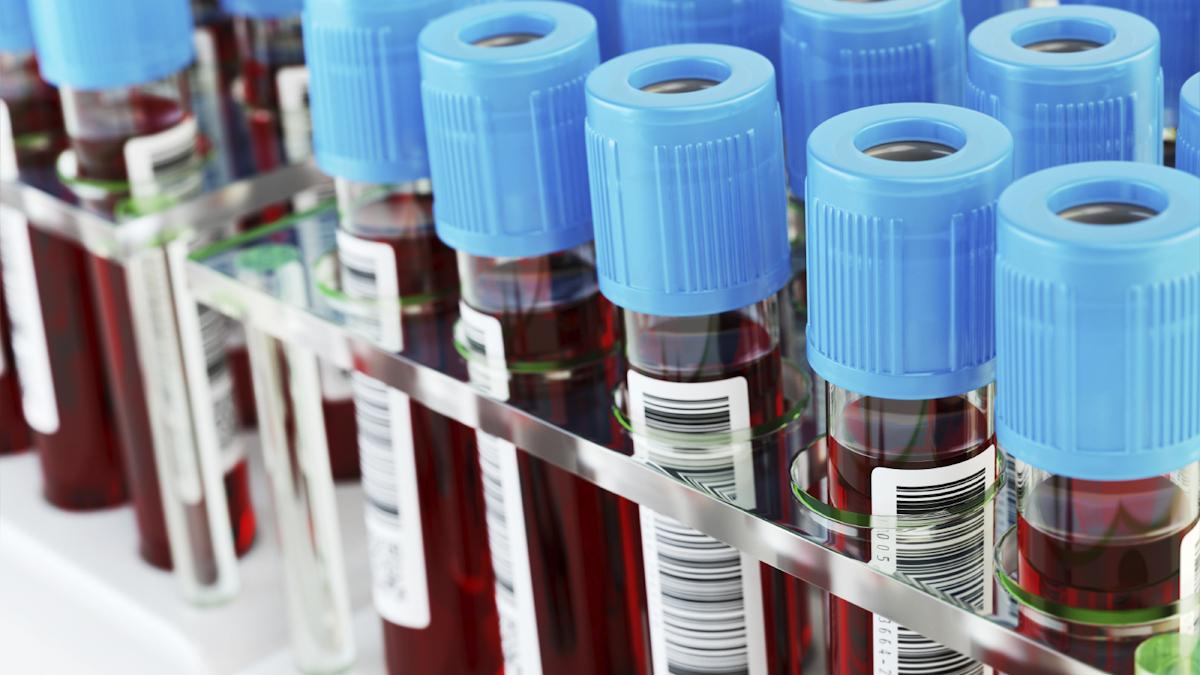Astellas places $2bn+ bet on AviadoBio dementia gene therapy

AviadoBio chief executive Lisa Deschamps
Astellas has added another gene therapy to its pipeline, taking an option on a clinical-stage candidate for a rare genetic form of dementia from UK biotech AviadoBio for around $50 million.
The deal is focusing on AVBV-101, AviadoBio's lead gene therapy candidate, which is the phase 1/2 ASPIRE-FTD study in frontotemporal dementia with progranulin mutations (FTD-GRN), currently enrolling subjects in Europe and the US.
Most forms of dementia don't have a genetic component that can be targeted by gene therapy, but those that do tend to be fairly devastating and FTD-GRN is no exception. It progresses at a terrible speed, leading to rapid declines in cognitive ability and typically leading to death within a few years.
It is hard to diagnose, typically causing changes in personality, behaviour, and language that can be confused with other conditions, and is often seen in a younger, sub-65 age bracket than other forms of dementia.
Astellas is making a $20 million equity investment in London-based AviadoBio – which was first set up in 2019 – along with up to $30 million in upfront payments. The total value of the deal could be around $2.2 billion, plus royalties, if the Japanese drugmaker exercises its option and brings AVB-101 to market.
AVB-101 delivers the GRN gene by infusion directly into the thalamus of the brain, boosting the production of the GRN protein human progranulin (hPGRN), a protein that helps control the growth, division, and survival of cells in the body, including neurons and support cells in the brain called microglia.
ASPIRE-FTD trial is said to be the first intrathalamic gene therapy to be tested in humans for any adult neurodegenerative disease.
The UK biotech's chief executive, Lisa Deschamps, said the alliance with Astellas will "accelerate delivering this investigational medicine to families around the world who so desperately need treatment options for FTD-GRN and other neurological diseases."
AviadoBio is developing gene therapy candidates for other diseases, including amyotrophic lateral sclerosis (ALS), also known as motor neuron disease. Like AVB-101, the ALS candidate is designed to deliver PGRN, but has a different route of administration, given via an injection under the spinal cord's subpial membrane, which allows lower doses to be used and is less invasive.
Gene therapy is a key focus for Astellas, although it has run into some problems with some of its early programmes, including a series of Duchenne muscular dystrophy (DMD) therapies that were discontinued in 2022 and a candidate for X-linked myotubular myopathy (XLMTM).












